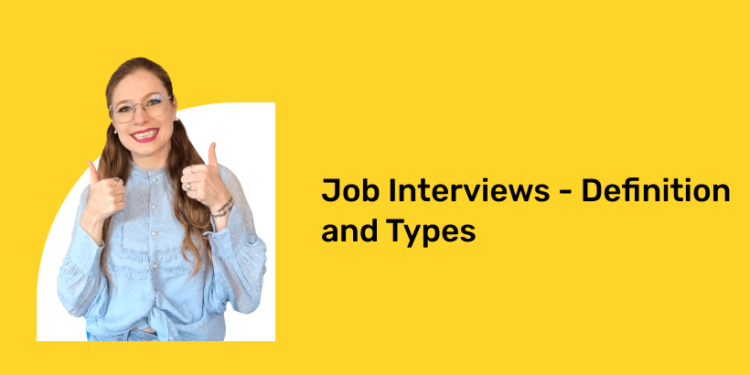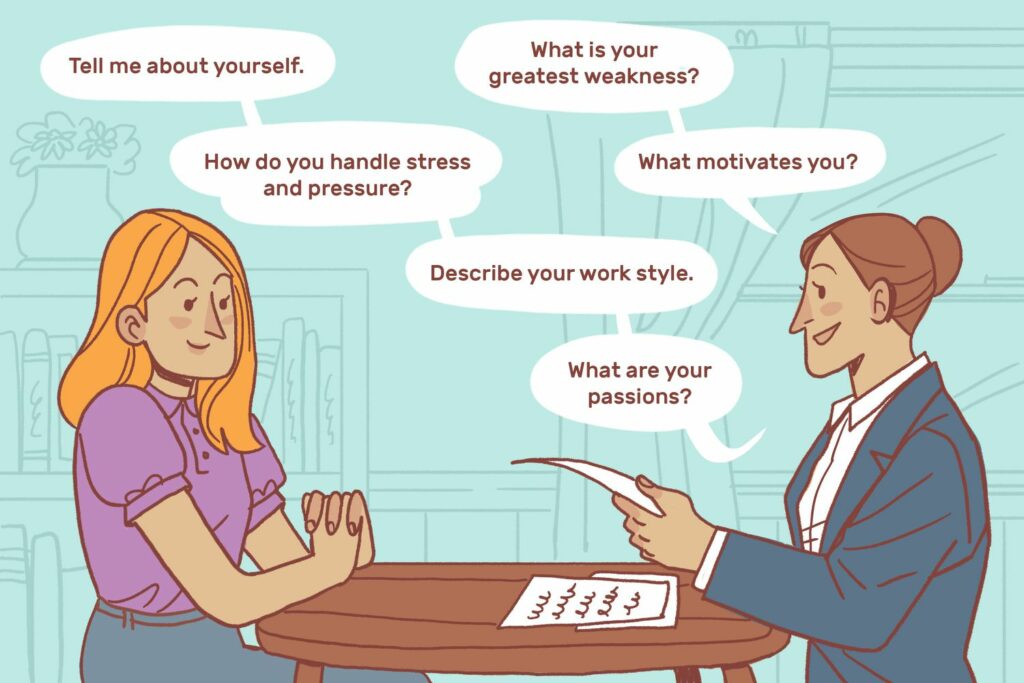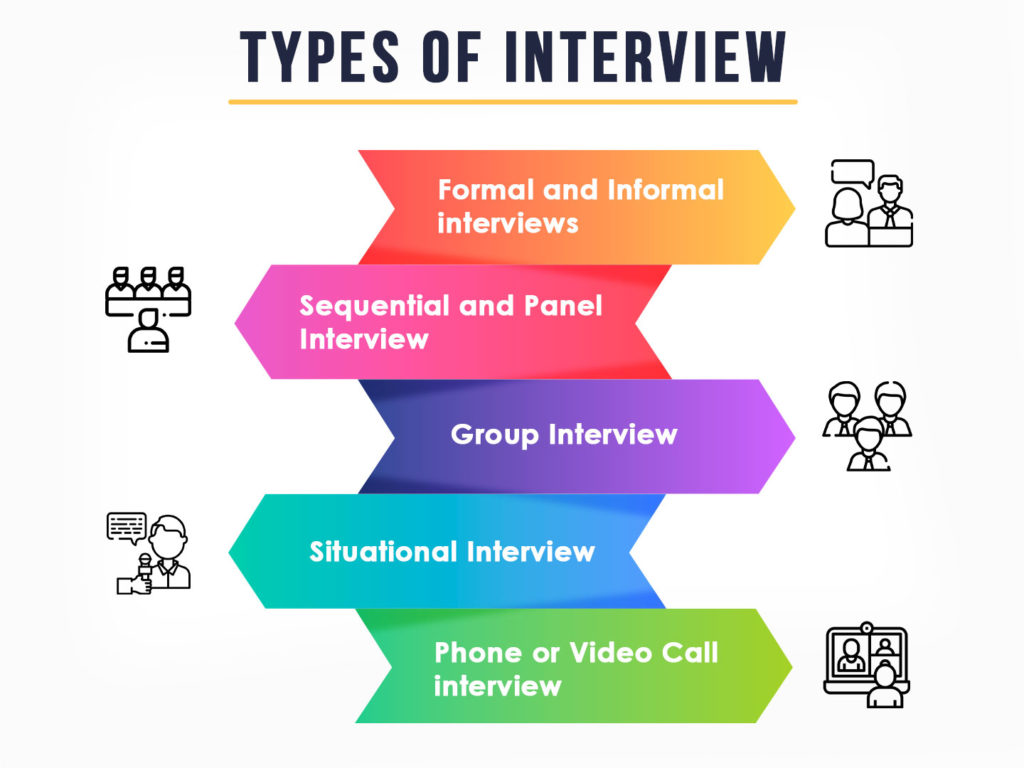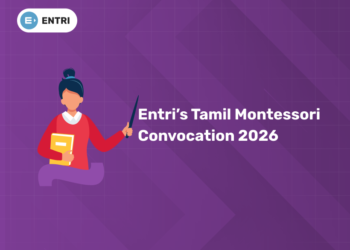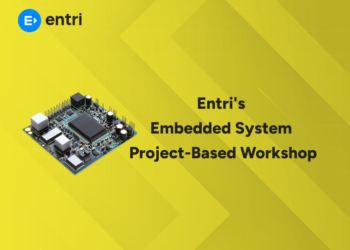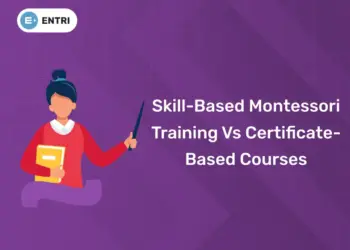Table of Contents
Are you preparing for any job interviews now?
It’s the season of hiring. And you might have participated in many job interviews.
If so, you might be aware of what a job interview is all about. The job interview is the official procedure to hire the most suitable employees for a job position. Job interviews are of different types which can help you to get placed in your dream job.
Job Interview – Definition
Can you define a job interview?
Interestingly, a job interview is regarded as a structured conversation happening between the employer and the employee. In an interview, the interviewer may ask questions to the interviewee.
An interview is the most effective strategy to identify the talents, potential and abilities of a candidate. The interview is a one-to-one conversation happening between the interviewer and the interviewee. When an interviewer asks questions, the candidates should provide information that is factual to their knowledge.
The interviewer can ask questions which are truly related to the job position. The interview is very crucial for all those candidates who wish to outshine in your dream job. In detail, a job interview will be conducted in a closed room where no other audiences are present except the candidate and the interviewer.
In an interview, information can be shared in two ways.
In short, an interview is an official communication happening face-to-face in real-time. Nowadays, apart from real-time conversations, video conferencing or telephone interviews are also taking place. Interviews usually involve spoken conversation.
In one-to-one conversation, the interviewer asks direct or indirect questions to test the ability of the candidates. Furthermore, an interview is an open-ended conversation. It can also be termed as something unstructured.
The questions are situational and not prearranged. The interview might revolve around a main subject or topic. The interviewer shall guide the conversation directly to avoid beating around the bush. In more specific interviews, the interview can be highly structured.
An interview can also be defined as an official procedure to derive specific information from an interviewee through responses. The interview can also check the knowledge, experience and ability of the candidates. It is a selection procedure aimed at bringing out the potential of the target.
Based on the performance of a candidate in an interview, they will be selected for a post. Finding a potential employee is not an easy process. The interview is the basic component of the recruitment process. The interview can determine whether a particular individual can be hired or considered further for the process of the interview. In most of the interviews, the most powerful candidates will be selected and the rest will be eliminated.
Do you wish to become a content writer?
In that case, too, you have to go through the oral and written interview processes. Are you ready?
Job Interview – Types
A job interview is the most effective means to collect extra information about an applicant in the most effective manner. It shall be done based on the knowledge, experience, skill and ability of the candidates.
There are ten types of job interviews.
Now, let’s look into each type in detail below.
Unstructured Interviews
Unstructured interviews do not follow a general format. They are truly open-ended and can take directions freely. It can be controlled with the proper guidance of the interviewer. The interviewer can ask follow-up questions as the interview lack a well-structured format.
The interviewer can choose the topic of interest without any hesitation and can ask the candidates to follow the lead. In an unstructured interview, the interviewer can ask open-ended questions. The interviewer can ask different questions in different ways. The applicants can expect different questions.
Structured Interview
A structured interview is a process in which the interviewer notes down the potential questions. They can also list acceptable responses to each question. The interviewer may form the score chart and structure the entire process.
A structured interview is the organized version of the interview. The candidates can expect the procedures of a structured interview beforehand. Furthermore, in a structured interview, job-related questions will be asked in series and the appropriate answers from the candidates are expected.
In short, in a structured interview, the candidates can expect three kinds of questions.
-
Situational Questions
In the context of situational questions, the interviewer may place hypothetical job situations for the candidates to solve. Once the candidates could give the best possible solution to solve the situation, they will be hired or selected for the next level.
-
Job-Knowledge Questions
The second category is the Job-Knowledge questions
Job knowledge questions are used to check the job-related knowledge of the candidates. The job-related knowledge can assess the passion of the candidates towards a particular job position. The interviewee should expect all the possible job-related questions to grab points while attending the interview.
Ace your Interview Preparation with Aparna Mulberry!
-
Sample Simulation Questions
The third category is the job sample simulation questions.
The job sample simulation questions include the situations where the candidates are asked to perform a particular job role they are asked to perform. The job roles assigned to the candidates will be based on the vacant positions. If the candidate could perform the job roles, they could be selected.
-
Worker Requirement Questions
Worker Requirement questions are the final category. The worker Requirement questions check the ability of the candidates to confirm the job roles. The interviewer poses this question to check the capacity of the candidates to mindfully handle a situation when required.
Situational Interview
A situational interview could check the attitude of the candidates when given a situation. The interviewer would be checking the behavior of the candidates in a worse situation. If given a situation for them to handle, how would they perform the act without compromising the company values? The interviewer could also check the knowledge and experience of the candidates in finding out the possible solutions to solve the situation. In short, situational interviews check the potential of the candidates to act out in a particular situation. Given a hypothetical situation, the interviewee is asked to talk about how they handled the situation.
Behavioral Interview
In a behavior interview, the interviewer can ask behavioral questions. They are going to check the behavior of candidates in a particular situation. They would give a situation and ask you to explain the various ways by which you behave and save the situation without harming the reputation and prestige of the company.
The interviewer also checks your past behavior once you were placed in a difficult situation. This type of interview can give an overall understanding of the personality of the candidates. They can also conclude whether they are trustworthy and loyal or not.
The interview also checks past behavior and the details of the situation.
Job-Related Interview
In a job-related interview, the interviewer may ask questions related to the previous experiences and work potential of a candidate. In detail, the job-related interview focuses more on the relevant questions related to the past work experience of the candidates. They may prepare the various job-related questions prior and could ask questions accordingly. The questions are not hypothetical but taken directly from the past work experience of the candidates. The subject knowledge of the candidates will be thoroughly assessed in a job-related interview.
Stress Interview
A stress interview is a strategy to find out the patience and presence of mind of the candidates. The stress interview involves the attempt of Feb interviewer to place the interviewee in an awkward or uncomfortable position by posing the so-called difficult-to-answer or rude questions.
It is to identify the stress tolerance of the candidates. The interview is meant to find the sensitive candidates among the lot. It is easy to identify the hypersensitive candidates who couldn’t tolerate mild criticism or anger from the part of the third party.
The stress interview reveals the real face of the candidates. So that the interviewer could decide whether they are suitable for the position or not. The stress interview aims to find whether the candidates are ready to face the stressful work environment or not.
Ace your Interview Preparation with Aparna Mulberry!
Panel Interview
Panel Interview is also known by the name board interview. This is a combined interview. The interview will be done by a group or team of interviewers. After the performance of the candidates, the interviewers would combine the score obtained by the interviewee.
The final result is the outcome of the combined score obtained by the candidates. Many representatives from the firm will be interviewing the same candidates. Oral responses of the candidates will be counted. The interviewer can ask different types of job-related questions to the candidates.
Based on the ability, knowledge, experience, motivation and presentation skills of the candidates. The nature of the interview is subjective. The interview would be based on the personal biases of the interview board.
One-on-One Interview
In a one-on-one interview, a single interviewer will interview a single candidate. When an applicant meets an interviewer, the interviewer and interviewee can have one to one conversation. It can reduce the stress of the candidates. The one-to-one interview can have direct communication.
Group Interview
The nature of group interviews is a relatively new technique to bring out the real potential of the candidates. The group interview is intended to discover the leadership qualities of the candidates. Leadership quality is the basic quality of the candidates.
It is inevitable for the candidates to survive in a company environment. The group interview identifies the skills and qualities of the candidates and finds the best applicant for the post. The performance and reliability of the applicants will be tested in a group interview.
In the group interview, the interviewer will sit in the background and observe the performance of the individual candidates. The evaluation of the candidates will be based on their performances. Many candidates will be interviewed at a time through topic-based discussions.
Phone Interview
The phone interview is the most common type of interview nowadays. A phone interview can be done by the interviewer and Interview without involving a third party. In a phone interview, the interviewer can evaluate the performance, intelligence and timely interventions of the candidates. It is deemed more accurate than face-to-face interviews. The interviewee can give spontaneous answers while engaging in a phone interview.
Want to know more about a job interview? Here is a golden opportunity for all those candidates who wish to crack the interview and land their dream job. The interview is a very tough task. Once you understand the tips and tricks to tackle interviews, it is going to be interesting.
Prepare well before attending any interview. Interview preparation with proper guidance is the most essential criterion for success. The Entri team will guide you properly with the success mantra. Those applicants who are eager to know more tips to crack your next interview shall join the native American English trainer Aparna Mulberry’s six-month valid course Interview Poliykkam with Inverted Coconut.
The course is designed to properly guide the candles with smart interview trials along with audio-video lessons. The course will cover the entire process starting from job seeking to placement. The learners can learnT in their comfort. Here is a golden opportunity to land your dream job. Learn with Interview Poliykkam with Inverted Coconut.
Interview Polikkyam with Aparna Mulberry! Enroll Now!


